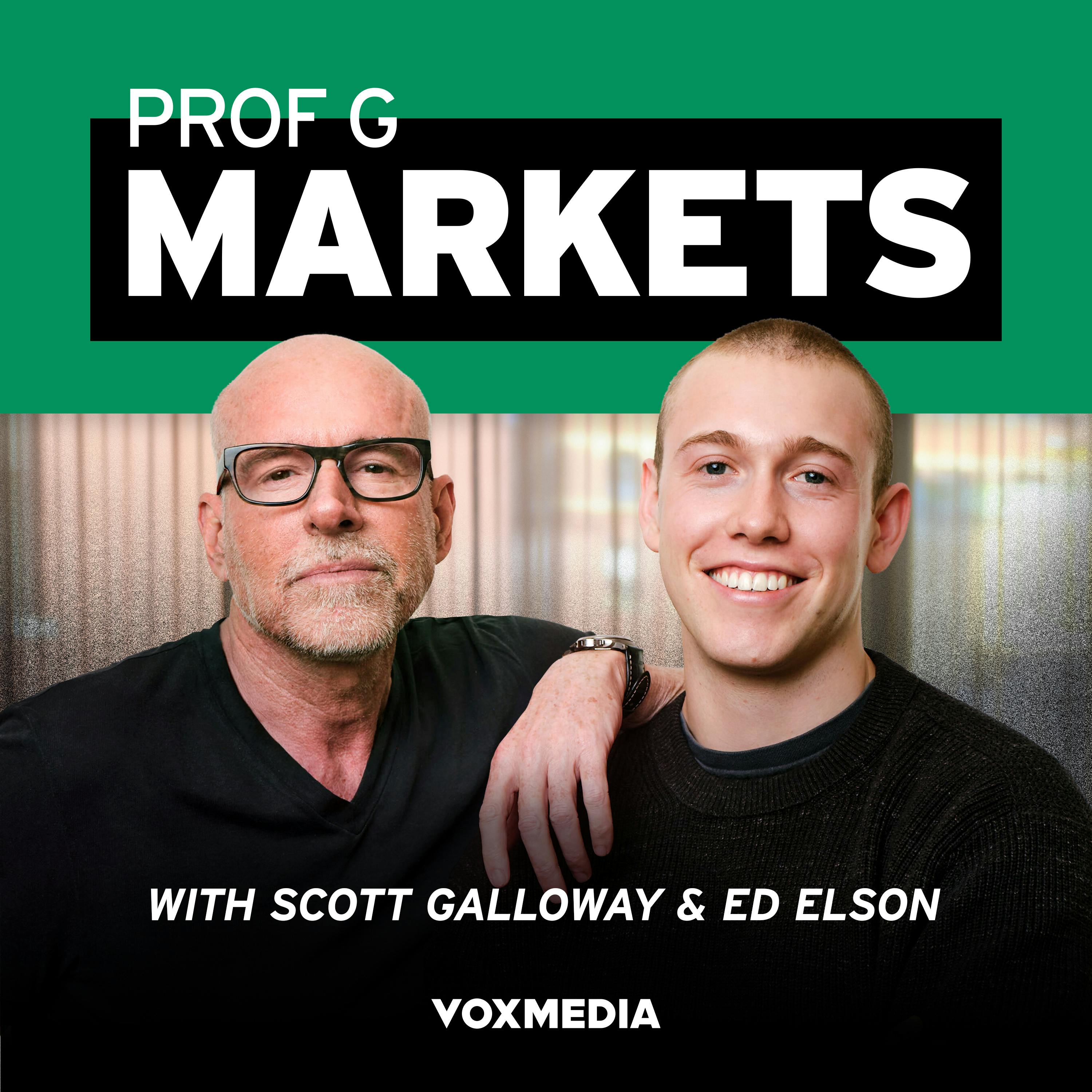How The AI Economy Could Collapse
Scott and Ed break down a wave of AI spending news. They also discuss the circular deal theory emerging in AI and why it concerns them from an antitrust perspective. Then they unpack data that demonstrates how lower income Americans are doing and examine why some of the traditional economic data has been distorted by inequality.
Vote for Prof G Markets at the Signal Awards
Subscribe to the Prof G Markets newsletter
Order "The Algebra of Wealth," out now
Subscribe to No Mercy / No Malice
Follow the podcast across socials @profgmarkets
Follow Scott on Instagram
Follow Ed on Instagram and X
Learn more about your ad choices. Visit podcastchoices.com/adchoices
Vote for Prof G Markets at the Signal Awards
Subscribe to the Prof G Markets newsletter
Order "The Algebra of Wealth," out now
Subscribe to No Mercy / No Malice
Follow the podcast across socials @profgmarkets
Follow Scott on Instagram
Follow Ed on Instagram and X
Learn more about your ad choices. Visit podcastchoices.com/adchoices
Press play and read along
Transcript
Transcript is processing—check back soon.
Prof G Markets — How The AI Economy Could Collapse





